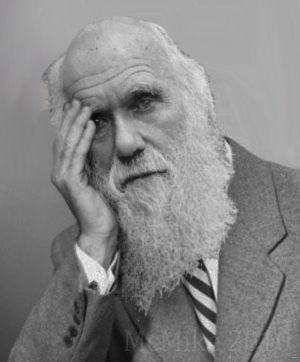Note: if you are applying to work in the lab and the issues discussed below (or any issue related to diversity, equity and inclusion) are important to you or you have a record of advocating for these topics, I strongly encourage you to mention this in your email or application. I’m looking for lab members who can bring diverse perspectives to the lab and who will work to create an inclusive environment.
Diversity in STEM
I am interested in understanding and addressing the causes and consequence of low diversity in STEM and in EEB. In particular, I’ve worked on several projects centred around the issue of women being under-represented in STEM and the challenges that come with having children as an academic. I recently worked with researchers from University of Minnesota and the University of Toronto to compile a comprehensive dataset of parental leave policies at Canadian and American Universities. We made this dataset to help parents and prospective parents make informed choices about where they work and go to school (see the article about this project here). I’ve also led workshops for graduate students and postdocs on becoming a parent in academia, and I worked with the Dynamic Ecology blog to conduct a poll that investigates attitudes about listing parental leaves on CVs. As a grad student, I helped found a group that organized discussions and networking opportunities to promote equity in my department and in the broader scientific community (BREWS – Broadening Representation & Equity With Science). That group hosts biweekly networking events and monthly data-driven talks in order to discuss issues, exchange ideas, and propose solutions to the barriers to diversity that our field is struggling with.
Please get in touch if you’re interested in any of these efforts, or if you’d like to organize similar events in your department! And check out these links for some interesting articles, blog posts, podcasts and video clips on this issue.
Mental Health in Academia

There is a growing recognition that staying mentally healthy in academia can be extremely difficult. Graduate student mental health has received particular attention, with reports indicating that up to 60% of graduate students often feel overwhelmed, exhausted, hopeless, sad, or depressed. To address this issue, I’ve worked with administrators, faculty, grad students and postdocs to organize workshops that bring the mental health struggles that academics face out into the open.
For example, I helped organize a workshop that centers around guided small group discussions of common issues such as imposter syndrome and student-supervisor conflict. I’ve also organized a workshop at U of T, UBC and Guelph in which faculty describe their most epic scientific disasters to help normalize failure in science.
Please get in touch if you’re interested in organizing these workshops your department! They can be very straightforward to set up, and I’ve provided workshop materials to help other departments and universities plan these types of events.

